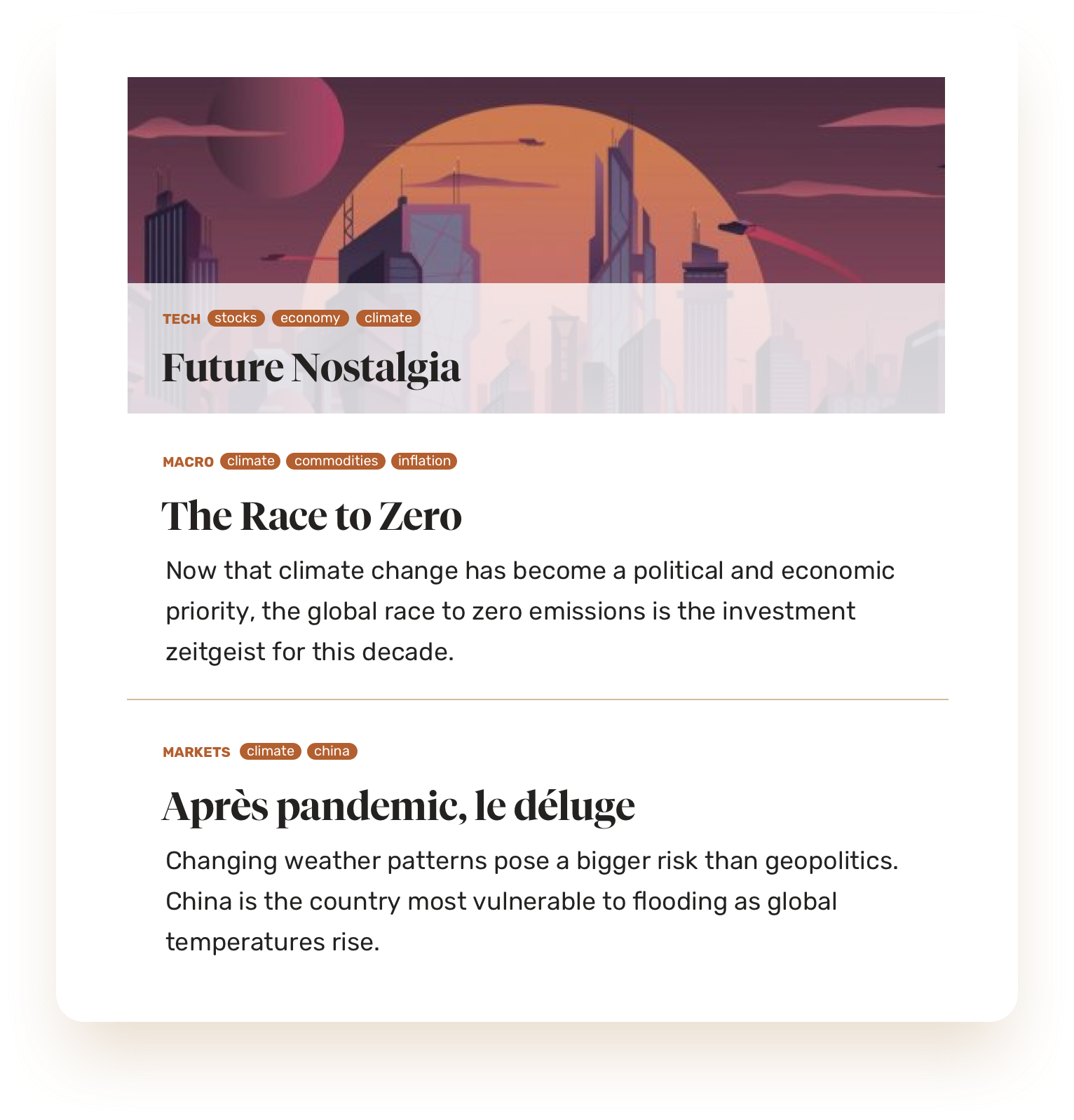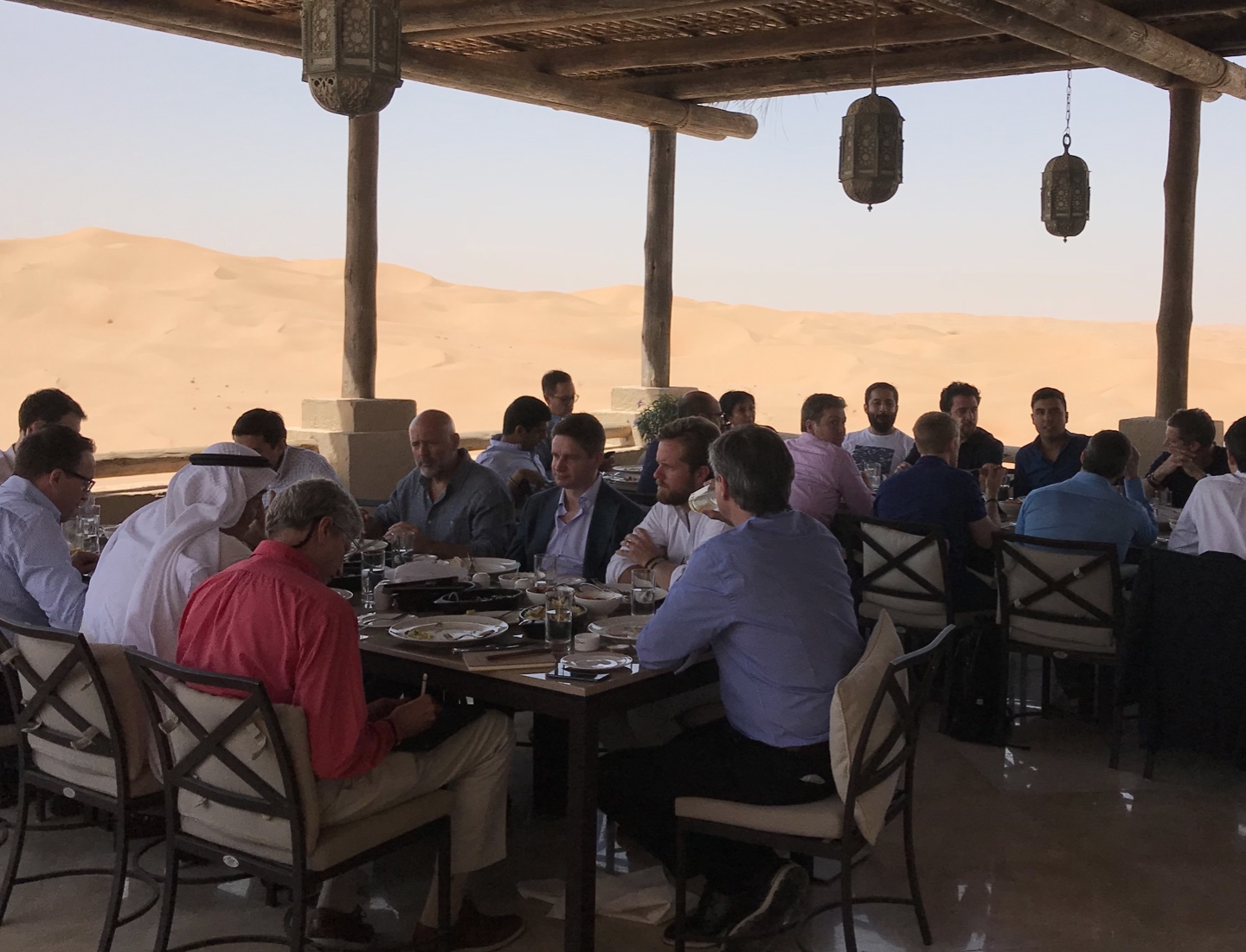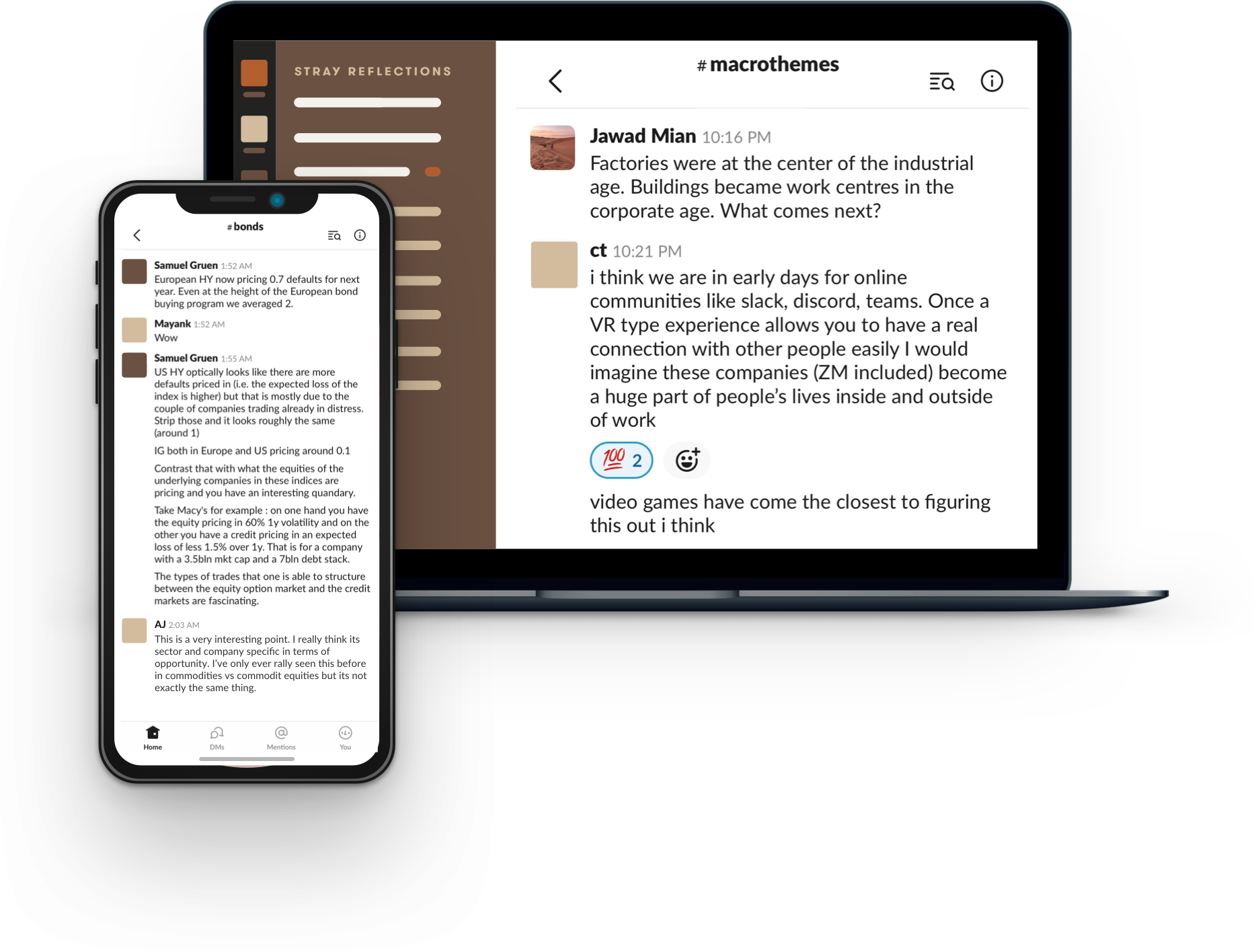Even though, I, Bruce Lee, may die some day without fulfilling all of my ambitions, I will have no regrets. I did what I wanted to do, and what I’ve done, I’ve done with sincerity and to the best of my ability. You can’t expect much more from life.
Bruce Lee, Striking Thoughts
If you could choose one person to learn from in the past one hundred years, who would it be?
My choice is Bruce Lee. He wove the spiritual and physical aspects of martial arts into a way of life. Continuous learning and a peeling away of the self underpinned the evolution of a personal philosophy, one that centered around the liberation of the spirit through greater self-knowledge.
“Emptiness is the starting point,” Lee taught his students. “In order to taste my cup of water you must first empty your cup ... My friend, drop all your burden of preconceived ideas and be neutral. Do you know why this cup is so useful? Because it is empty.”
Martial arts expresses the human body in combative form. But Lee did not believe in the concept of fixed styles or systems of fighting. One cannot express oneself, he felt, or feel alive through stylized forms. A mindless repetition of set patterns offers neither self-knowledge nor freedom.
When developing his signature martial art called jeet kune do, translated as “the way of the intercepting fist,” he adapted ancient Chinese kung fu Wing Chun into his own version by combining fencing and boxing theory with the teachings of Zen and Taoism, among others.
An epiphany about the adaptability of water sat behind the formlessness he preached: “If you put water into a cup, it becomes the cup. You put water into a bottle, it becomes the bottle. You put it in a teapot, it becomes the teapot. Water can flow, or drip, or it can crash. Be water, my friend.”
There is nothing fixed. Like flowing water, life is perpetual movement. One must be fluid and responsive in any situation.
Lee encouraged his students not to accept his teachings without question. His main message was to remain pliable and receptive: adapt what is useful, reject what is useless, and add what is specifically one’s own. This process of inquiry, debate, and practice would lead to personal growth.
Though Lee became the most influential martial artist in modern history, he took no pride in it. “There is fear and insecurity in pride,” he realized. Pride is a sense of worth that derives from the superiority of one’s status in the eyes of others. The protection of this status means perpetual anxiety for the highly esteemed.
Fame and esteem meant nothing to Lee: “I have changed from self-image actualization to self-actualization.” The fact is the more abundant we feel inwardly, the less we try to enrich ourselves outwardly. The spiritually bereft search for external securities.
Because we waste so much energy in social role playing, we live out only a small percentage of our potential. “We are capable of much more,” Lee reckoned. “You do not allow yourself to be totally yourself. Society does not allow you to be totally yourself.”
To realize our true self, we must live without being dependent upon the opinion of others. “To express oneself honestly—not lying to oneself—that, my friend, is very hard to do,” said Lee. “That is what you must train for: to become one in a completely natural, uncontrived way.”
Lee came to accept life as a process. He kept discovering and expanding, examining his merits as well as his faults, confronting the ego that stood rigidly against change, in martial arts and in life. This is how one becomes what one is.
“Each man binds himself,” observed Lee, “the fetters are ignorance, laziness, preoccupation with thoughts, and fear ... The key to liberation is within. Self-knowledge is true mastery.” But knowing is not enough; we must apply. Only actions give to life its strength.
Lee recommended students to look inwardly for change: “When man comes to a realization of those great spiritual forces within and begins to use those forces in business and in life, his progress will be unparalleled. The highest skill operates on an unconscious level.”
He stressed the importance of keeping the faith. “What do I live on? My faith in my ability that I’ll make it.” Faith makes it possible to get through the dips and achieve what we conceive and believe. There’s no point worrying or dwelling on negative thoughts.
“Your child is ill you say, or you cannot pay the rent?” chided Lee. “Very well, accept these facts and face them. Are they not trouble enough in themselves without adding the aggravation of worry to them?” His advice: do what seems wise to be done, forget it, and walk on.
According to Lee, suffering is mostly self-manufactured. It is not what happens in our life that matters, it’s how we react to what happens. “Joy and suffering are the fruit of right and wrong thinking,” he said. “We are never so happy or so unhappy as we suppose.”
He taught students to cultivate a “rectified mind” immune to emotional influences—free from fear, anger, sorrow, anxiety, and even fond attachment. What makes this possible is freeing our ambitious mind and learning the art of dying.
“Like everyone else, you want to learn the way to win, but never to accept the way to lose,” Lee said to one of his students. “To accept defeat, to learn to die, is to be liberated from it. Once you accept, you are free to flow and to harmonize.”
Bruce Lee died young, in 1973, at thirty-two years old, but he left us a lifetime’s worth of wisdom. The perfect life, he believed, was a simple one, in which profit is discarded, cleverness abandoned, selfishness eliminated, and desires reduced. “It is the life of perfection which seems to be incomplete,” he said, “and of fullness which seems to be empty.”

Source: Bruce Lee Archives






